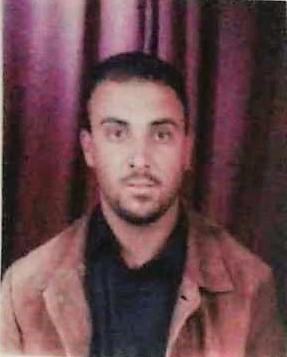
On 30 November 2016, Alkarama and Human Rights Guardians referred to the Independent International Commission of Inquiry on the Syrian Arab Republic (CoI Syria) the case of Hani Hussein, a 37-year-old Syrian from Qamishli, who disappeared following his arrest by Kurdish security services in April 2013.
On 4 April 2013, Hussein, owner of a real estate office, was traveling by car in Qamishli when he reached a checkpoint controlled by Asayish officers, the militia of the Kurdish Democratic Union Party (PYD) dressed in military uniforms, who arrested him. This is the last moment he was seen, as he subsequently disappeared. His family believes he was arrested and disappeared because he had a case open against him before the Kurdish Court in Qamishli for which he had proposed a mediation. The mediator he had appointed for his case, in fact, was arrested and disappeared with him.
Hussein’s father went to several prisons under PYD control, including the detention centres in Malikiya and Al Darbasiyah, a town about 70 kms north of Al Hasakah, asking about his son’s fate and whereabouts, but to no avail. He even contacted the Kurdish National Commission for National Reconciliation but was answered that they did not have any information on his son. His relatives subsequently informally got to know that his son would have been held in a Kurdish place of detention, without specifying where, and that he would be released soon. However, Hussein remains disappeared up until today.
“Hussein’s names adds to the list of individuals disappeared in Syria by Kurdish forces Alkarama documented,” comments Inès Osman, Alkarama's Legal Officer for the Mashreq. “Hussein’s fate and whereabouts must be communicated to his family immediately and he must be allowed to receive their visit.”
Alkarama reiterates its concern over this recurrent practice and recalls that enforced disappearance is a violation of both International Humanitarian and Human Rights Law. The Asayish militia has a legal obligation to abide by these internationally recognised rules binding States and non-states entities alike. Alkarama and Human Rights Guardians thus referred Hussein’s case to the CoI Syria established by a Resolution of the Human Rights Council on 22 August 2011 to investigate “all alleged violations of international human rights law [in Syria] since March 2011” and to ensure that “perpetrators of violations, including those that may constitute a crime against humanity, are held accountable.”
For more information or an interview, please contact media@alkarama.org (Dir: +41 22 734 1008).
